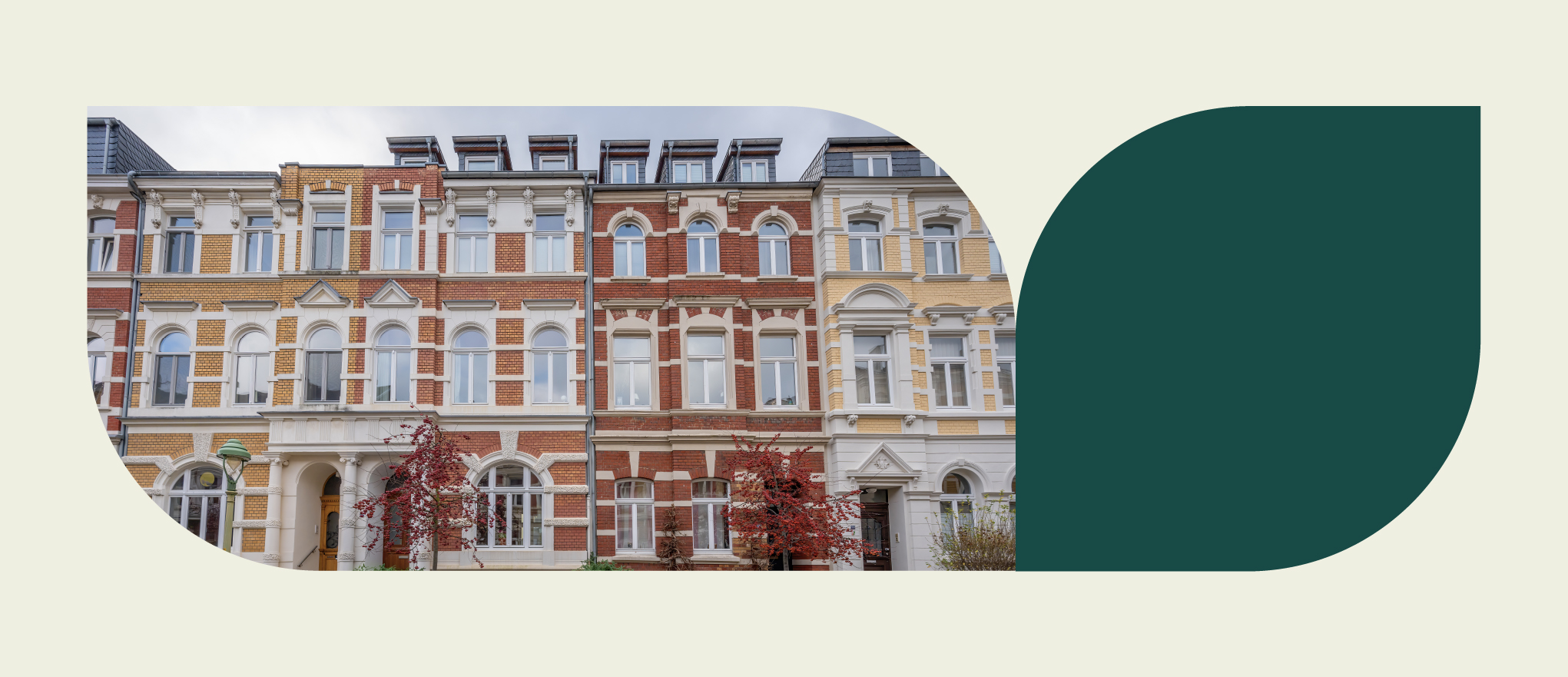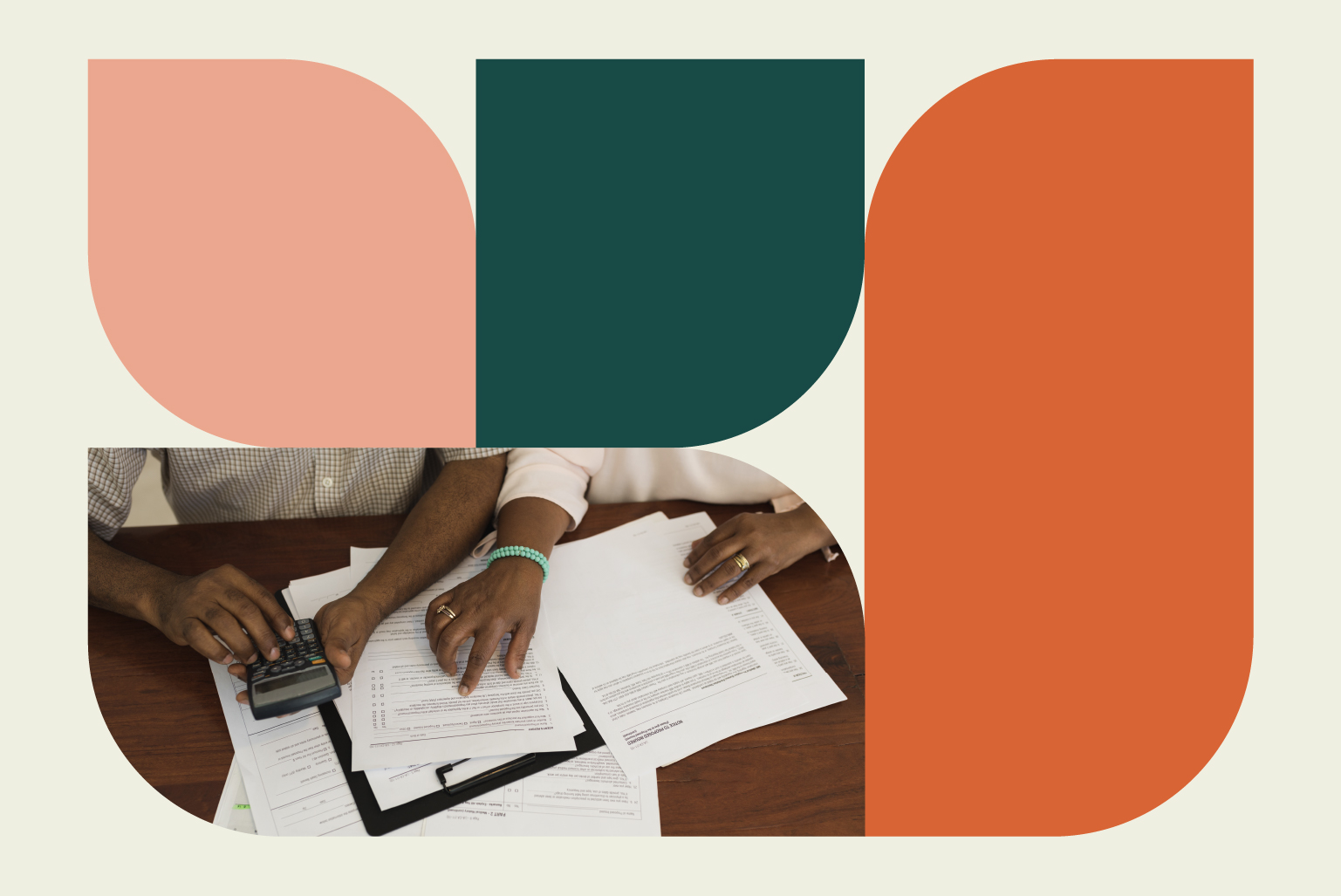
At Purseglove Property, one of the most common questions we get asked is, “How much money do I need to start investing in property?” A lot of people think you need a huge pot of cash to get started and that property investment is out of their reach. But the truth is, there are plenty of ways to keep costs down and make property investment more affordable!
In this article, we’ll go over five strategies that can help to reduce the initial cost of property investment, including buy-to-let mortgages, joint ventures, property sourcing, leases and delayed completions. Check them out below!
5 strategies to make property investment more affordable
Buy-to-let mortgages
While property investment always requires some initial capital, you rarely need the full lump sum of the property price to get started. Buy-to-let mortgages are a great way to reduce your initial overheads and one of the most common ways for investors to start out.
There are two types of buy-to-let mortgages to choose from: capital repayment mortgages and interest-only mortgages. The most common mortgage type for new investors is interest only.
These types of mortgages typically cover up to 75% of the property’s value. This means you’ll need at least 25% of the property price as a deposit to buy an investment property. For example, if the property you want to purchase is £100,000, you’ll need £25,000 for the deposit, plus enough money to cover the additional costs.
Additional costs
Additional costs can include mortgage fees, legal fees, searches, insurance and Stamp Duty. Generally, these costs add around 5 to 10% to the initial investment. This means you’ll need at least £30,000 in cash to buy a £100,000 property for buy-to-let purposes.
Fees and insurance
The costs for mortgage fees, legal fees, searches and insurance can vary based on several factors, including the property’s location, price and the complexity of the transaction.
Here’s a general estimate for each:
- Mortgage fees: These can include booking fees (usually between £99 and £250), arrangement fees (up to £2,000) and mortgage valuation fees (usually around £150).
- Legal fees: Conveyancing fees typically cost between £800 and £1,500, depending on the solicitor and the complexity of the purchase.
- Searches: Local authority, environmental, water and drainage searches usually cost between £250 and £400 in total.
- Insurance: Buildings insurance is required for mortgaged properties from the date of exchange of contracts. It typically costs between £150 and £300 per year. Optional contents insurance can add an additional £50 to £200 per year.

Stamp Duty
Stamp Duty Land Tax (SDLT) is a tax levied by the UK government on property purchases in England and Northern Ireland. It’s calculated as a percentage of the property price, with different rates for different property price bands and buyer categories.
Standard SDLT rates:
- 0% on the portion up to £250,000
- 5% on the portion from £250,001 to £925,000
- 10% on the portion from £925,001 to £1.5 million
- 12% on the portion above £1.5 million
First-time buyer SDLT relief rates:
- 0% on the portion up to £425,000
- 5% on the portion from £425,001 to £625,000
Additional property surcharge:
A surcharge is applied if you’re buying an additional property (like a second home or buy-to-let).
- 3% on the portion up to £125,000
- 5% on the portion from £125,001 to £250,000
- 8% on the portion from £250,001 to £925,000
- 13% on the portion from £925,001 to £1.5 million
- 15% on the portion above £1.5 million
If you don’t own any property and plan to invest in a buy-to-let, you won’t be subject to the additional property surcharge since this will be your only property. However, you won’t be eligible for first-time buyer relief either, as you don’t intend to live in the property.
Overseas buyer surcharge:
If you’ve been out of the UK for 183 days or more in the 12 months preceding your property purchase, you’re considered a non-UK resident for SDLT purposes. You’ll need to pay an additional 2% surcharge when purchasing property in England or Northern Ireland.
If you’re an overseas investor, consider using a UK limited company to buy property. Although this comes with its own costs (like different SDLT when purchasing), it usually ends up being cheaper than buying the property in your own name.
Is a buy-to-let mortgage right for me?
A buy-to-let mortgage can make property investment more accessible, especially if you don’t have enough cash to purchase a property outright. However, the combined costs of the deposit, fees and Stamp Duty might still be out of reach for you. In that case, choosing a different investment strategy could be a better fit for your financial situation.
Property joint ventures
If the cost of a buy-to-let mortgage is too high or if the property you want to purchase requires significant renovations, consider collaborating with another party to reduce your initial investment costs and share the profits. These arrangements are called property joint ventures.
Financial contribution partnerships and service contribution partnerships are the most popular types of property joint ventures for people who are just starting out with property investment. Here’s how they work:
Financial contribution partnerships
Financial contribution partnerships typically involve a family member, friend or business partner contributing towards the deposit so that you have more cash to invest. You then share ownership of the investment property.
If you invest on an equal basis, you spread the risk between you and effectively double your capital for investment. Just make sure you have a clear agreement in place outlining each party’s contribution, ownership percentage, and how profits and responsibilities will be shared to avoid trouble down the line!
Service contribution partnerships
Service contribution partnerships involve teaming up with a skilled partner who can handle renovations. Instead of providing capital, they contribute expertise to help increase the property’s value. Profits are then shared based on a prior agreement.
This type of partnership can be particularly beneficial if you lack the necessary skills, time or money upfront to pay for property improvements. However, it’s important to have a detailed agreement in place so that both parties understand their roles and share in the profits.
Is a property joint venture right for me?
Property joint ventures are a great way to pool resources and skills, and they can help you to get your foot in the door with property investment, but it’s important to seek legal and financial advice before entering into a joint venture. While this incurs extra cost, it will ensure the partnership is structured correctly and help to protect everyone involved.

Property sourcing
Property sourcing is the process of identifying and securing properties for investors, and it can be a great way to make money in the property market if you don’t have enough capital to invest in property yourself.
In an ideal scenario, you can earn between £3,000 to £5,000 for each investment deal you source, and there are lots of courses available that can teach you how to get into property sourcing. By sourcing properties for investors alongside your day job, you could gradually generate enough income to buy an investment property of your own, all while building up your knowledge of the property market.
But, proceed with caution! While property sourcing can be lucrative, you need to have a solid understanding of the market, investment strategies and what makes a good investment property. Without this knowledge, you risk setting unrealistic expectations or sourcing bad investment properties for your clients. This could damage your reputation and cut your property sourcing venture short!
Using a property sourcing agent
Using a property sourcing agent can help you find investment properties at below-market rates, but be careful! Not all agents have the necessary expertise. To mitigate the risks, conduct thorough research, ask lots of questions, and choose a sourcing agent with a proven track record to reduce the chance of getting ripped off.
Is property sourcing right for me?
If you’re willing to invest time learning about the property market and investment strategies, property sourcing can be a profitable way to enter the investment world. However, if you lack experience with sales or finding investment deals, you may find another investment strategy more suitable.
Leasing property
Leasing is a way to gain control of a property without paying for immediate ownership. This strategy involves entering into an agreement with the property owner with the option (but no obligation) to buy it later at a pre-agreed price. This is known as a “Purchase Lease Option”. Sometimes an obligation to buy is required and in this case it’s called a “Lease Purchase Agreement” or “Exchange with Delayed Completion” – we’ll talk more about those below.
During the lease period, you can let the property out to generate rental income and make improvements to increase its market value. At the end of the lease period you can either buy the property or walk away, depending on whether or not you found it to be a profitable investment. Both parties benefit from this arrangement – the property owner gets a steady monthly income and you, the investor, get paid rent.
The rental income you make is usually enough to cover the lease payments and provide you with some additional profit. However, leasing property does come with some potential setbacks:
- No ownership: Even though you control the property, you don’t own it. This means you could miss out on appreciation if property values rise significantly during the lease period.
- Lease payments: It’s important that your rental income is high enough to consistently cover the lease payments, plus additional costs like maintenance and improvements. Otherwise, you’ll lose money instead of make it!
- Market conditions: If property values drop during the lease period or the property isn’t profitable, you’re unlikely to proceed with the sale, which would mean saying goodbye to the money spent on property improvements.
Is leasing property right for me?
Leasing property is a flexible investment strategy and an excellent way to dip your toes into property investment without spending much upfront – and you can generate rental income while you do it! Just make sure you carefully consider the lease terms, market conditions, and your ability to manage the property effectively before you make the leasing leap.

Delayed completion
Delayed completion is another investment strategy that allows you to gain control of a property without immediately paying for it. But unlike with leasing, there’s a legal obligation to complete the purchase at a later date.
Delayed completion can be a strategic choice if you need more time to secure funds or arrange financing, and once you’ve agreed on a purchase price and put an agreement in place, you can start making changes to the property to increase its market value. For example, you could renovate the property, convert it into an HMO, or improve its condition to make it mortgageable.
While this all sounds great in theory, there are some considerations to keep in mind:
- Legal obligation: Unlike with leasing, you have a legal obligation to complete the purchase, even if renovations go wrong or market conditions change.
- Costs and risks: You’ll need to carefully manage renovation/conversion costs and ensure that the improvements make the property worth the final purchase price.
- Market conditions: If property values drop during the delayed completion period, you still have to buy it at the pre-agreed price.
Is delayed completion right for me?
If you need more time to arrange financing or save additional funds, delayed completion can be a smart investment strategy. Plus, you have time to add value to the property before finalising the purchase! However, it’s important to carefully consider the legal obligations and market conditions before committing to this approach, otherwise you might find yourself in hot water…
Get started with property investment in Nottingham
At Purseglove Property, our sourcing consultation and refurbishment management services are a great way to get your foot in the door with property investment. Our approach is perfect for first-time investors who need a trusted partner by their side to help them make informed decisions and secure affordable and profitable property deals.
We also offer hands-free property management services for landlords in Nottingham. We help landlords let out their buy-to-let properties to the right people, as quickly as possible and at the right price. Get in touch to find out more!